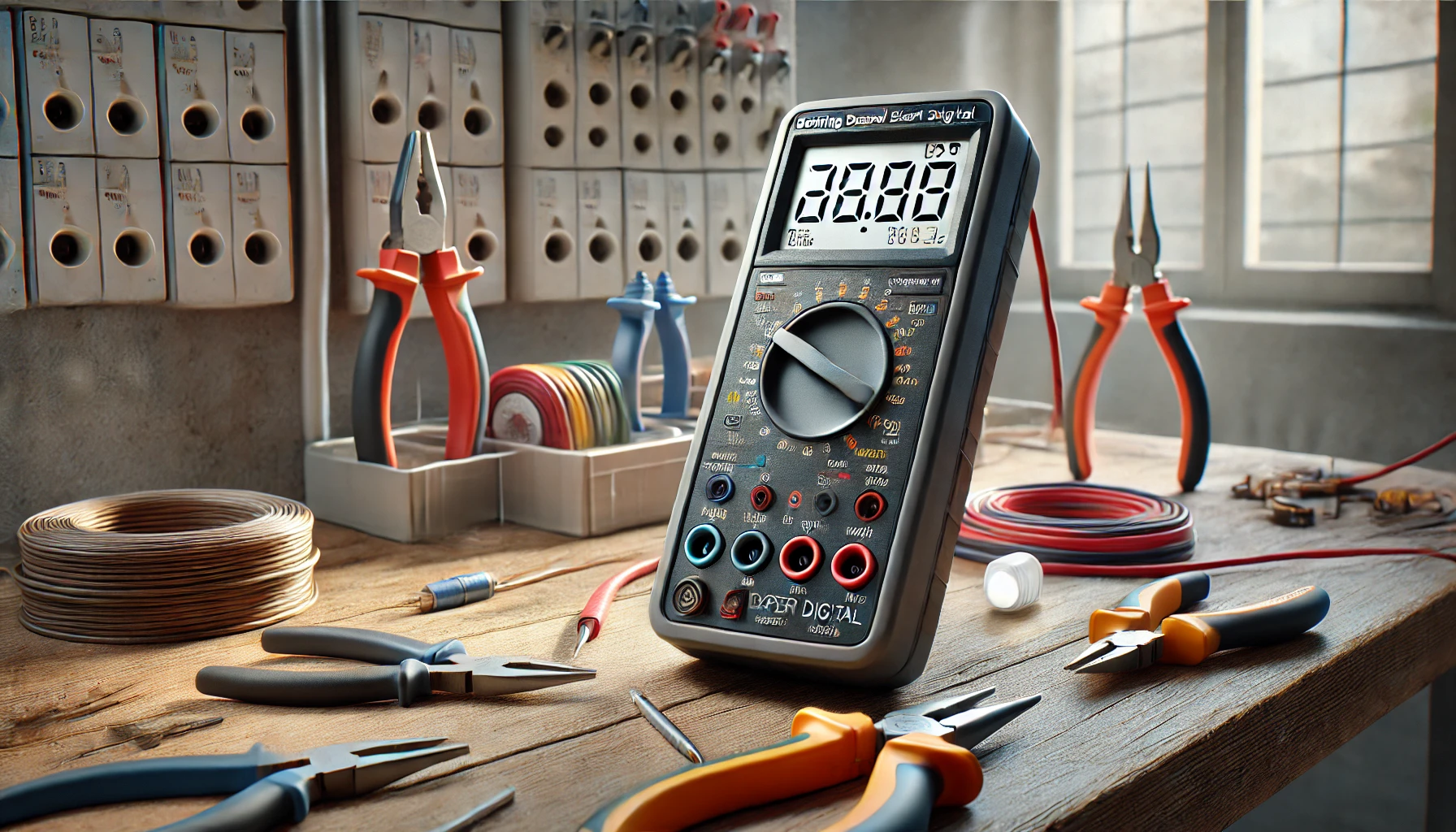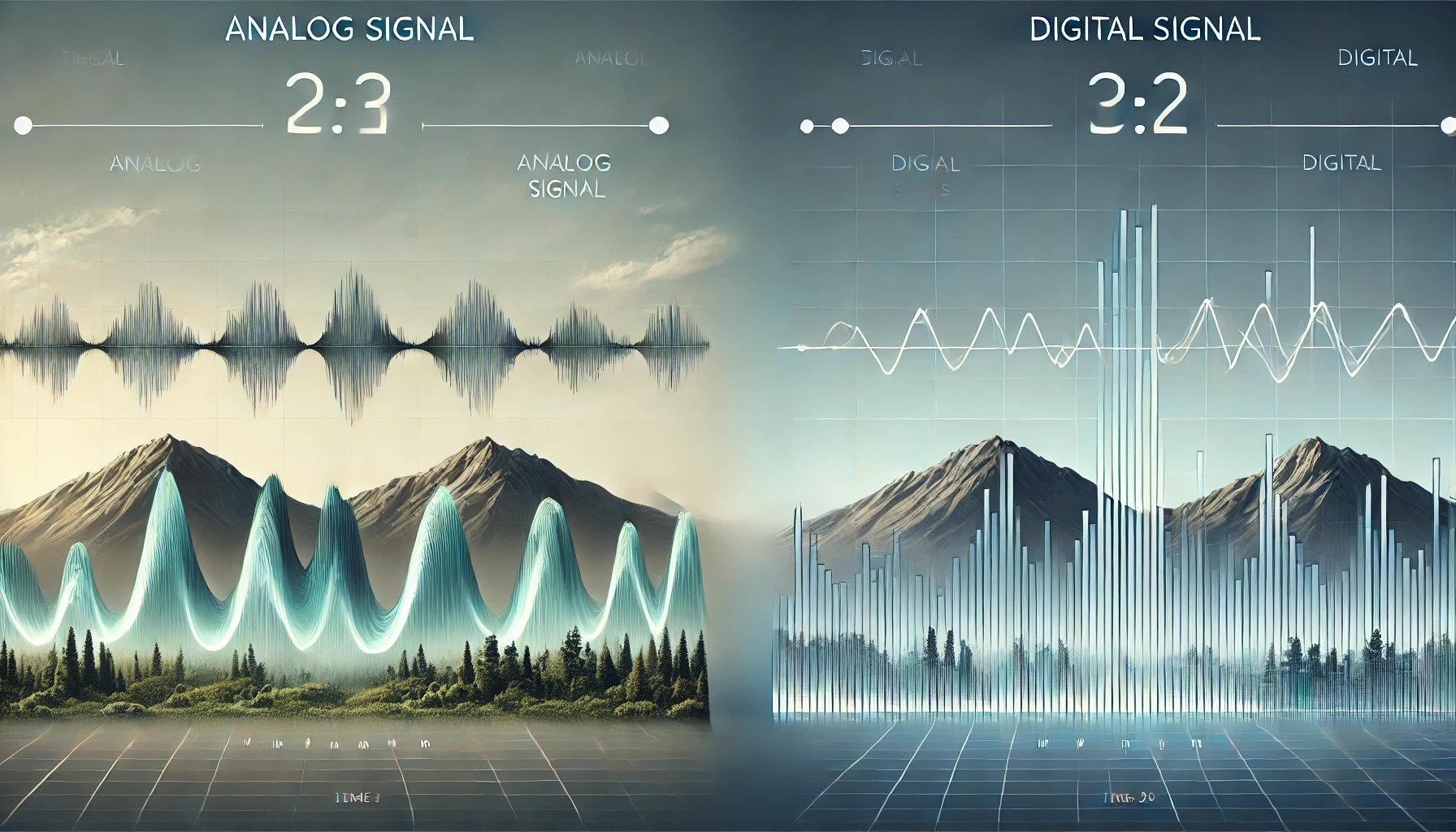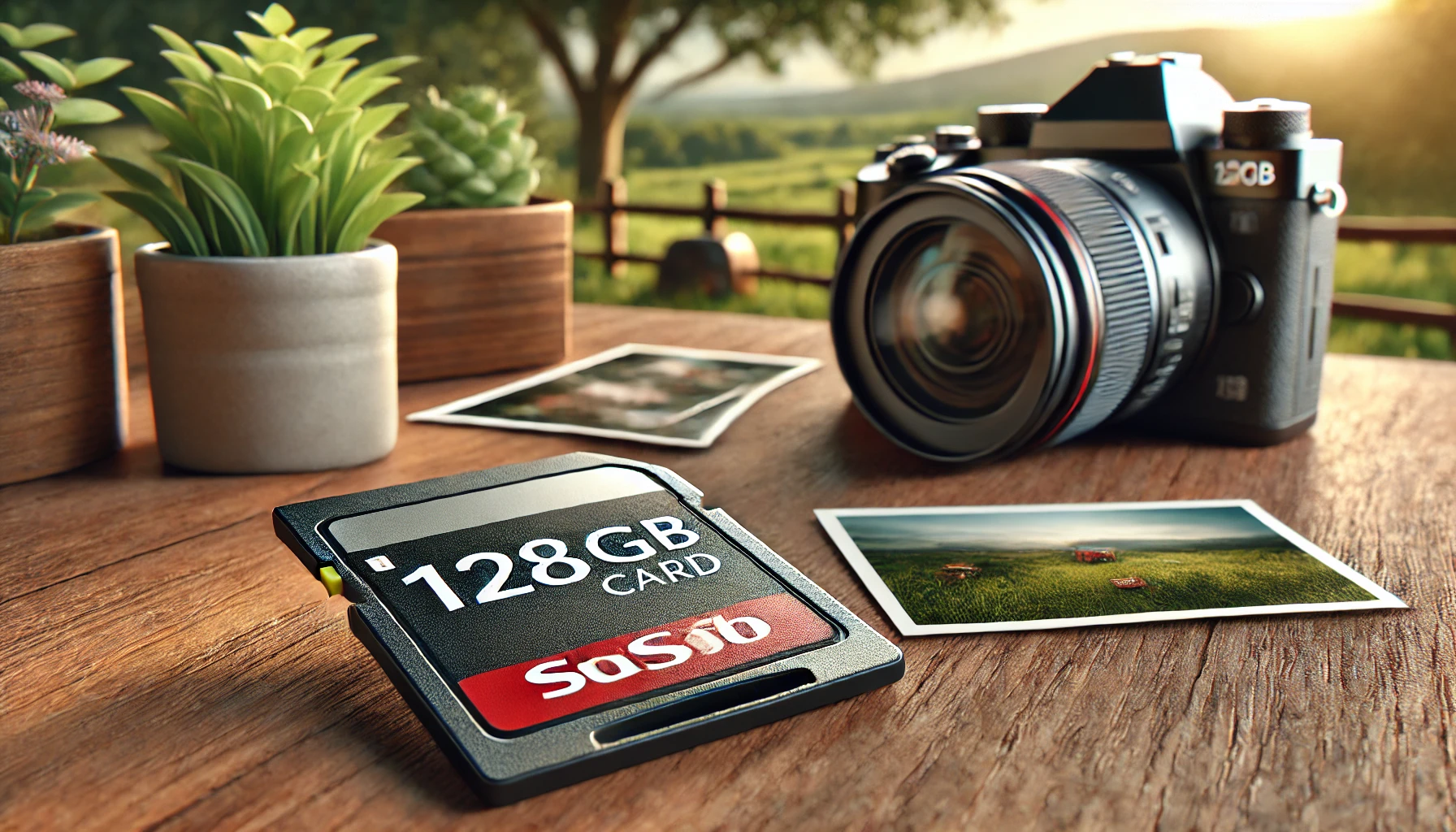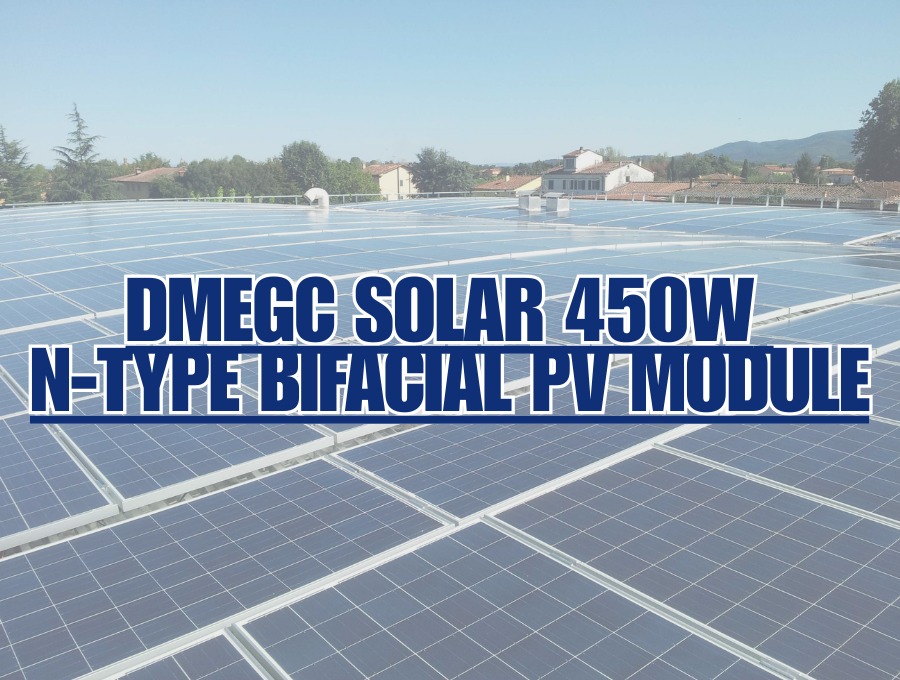When it comes to energy systems, one of the most important decisions homeowners face is choosing between “on grid” and “off grid” power. As renewable energy solutions, particularly solar power, gain popularity worldwide, understanding the differences between these two energy options is crucial. Whether you’re looking to lower energy costs, reduce reliance on public utilities, or embrace a more sustainable lifestyle, knowing which system suits your specific needs is vital.
This article will walk you through the key differences between on grid vs off grid systems, the pros and cons of each, and how to decide which is the best option for your energy needs.
What Does It Mean to Be On Grid vs Off Grid?
What Is an On-Grid System?
An on-grid system (also known as grid-tied or grid-connected) refers to a power setup where your home is connected to the local electricity grid. With this system, your solar panels (if you have them) generate electricity, but excess energy is fed into the grid. At times when your panels don’t produce enough electricity (like at night), you draw power from the grid.
In many countries, on-grid systems benefit from net metering, a system where the utility company compensates you for excess energy fed into the grid. This makes on-grid systems attractive for people looking to save on utility bills without relying entirely on solar energy.
What Is an Off-Grid System?
An off-grid system is a self-sufficient power system. Homes with off-grid setups generate their own electricity and are not connected to the utility grid at all. This means that they rely solely on renewable energy sources, typically solar or wind, and must store the energy they generate, often using batteries, to maintain power even during times when energy production is low.
Off-grid systems provide full independence from the electrical grid, which can be essential in remote areas where grid connection is expensive or unavailable. However, these systems require a larger upfront investment and careful energy management to ensure that power is available 24/7.
On Grid vs Off Grid: Pros and Cons
Choosing between on grid vs off grid comes down to evaluating the advantages and disadvantages of each system. Here’s a closer look at both options:
Advantages of On-Grid Systems
- Lower upfront cost: On-grid systems are generally less expensive to install because they don’t require batteries for energy storage.
- Net metering benefits: You can earn credit for excess power fed into the grid, reducing your electricity bills.
- No energy storage needed: Since you’re connected to the grid, you don’t need to worry about running out of power during cloudy days or at night.
- Simple to maintain: Maintenance is usually easier and less costly compared to off-grid systems.
Disadvantages of On-Grid Systems
- Dependency on the grid: If the local utility grid goes down (during a blackout), your home loses power too, unless you have a backup system.
- Utility costs: Even though you generate your own electricity, you’re still subject to utility company fees and potential rate increases.
- Limited energy independence: You’re still partially dependent on external power, which limits your control over energy security.
Advantages of Off-Grid Systems
- Complete energy independence: You’re not tied to any external utility company, giving you full control over your energy.
- No utility bills: With no connection to the grid, you’re free from monthly energy costs.
- Energy security: In areas prone to blackouts, off-grid systems ensure that you have power no matter what happens with the grid.
Disadvantages of Off-Grid Systems
- Higher upfront costs: Off-grid setups require significant investment, particularly for energy storage batteries.
- Energy management challenges: You’ll need to carefully monitor your energy use to avoid shortages, especially in times of low sunlight.
- Complex system maintenance: Off-grid systems, especially those with batteries, require more hands-on maintenance and can be costly to repair.
Key Factors to Consider When Choosing Between On Grid vs Off Grid
1. Location Matters
Where you live plays a major role in determining which system is best for you. If you’re in a remote area where it’s costly or impossible to connect to the grid, off-grid systems are your only option. On the other hand, if you’re in an urban or suburban area with reliable grid access, an on-grid system may be more practical and cost-effective.
2. Energy Consumption and Lifestyle
Think about your household’s energy consumption patterns. If you use a lot of energy and are home throughout the day, an on-grid system can be more convenient, as you’ll draw power from the grid when your solar system isn’t generating enough. In contrast, if you’re looking for full energy independence and can manage a more hands-on energy system, off-grid living might be right for you.
3. Costs and Budget
The cost of the system is another crucial factor. On-grid systems typically have a lower upfront cost since they don’t require battery storage. If budget constraints are important to you, going on-grid could be the more affordable option. However, off-grid systems may offer long-term savings, especially if you’re in an area with high electricity costs or unreliable grid service.
4. Energy Security and Independence
Do you want total independence from utility companies? Off-grid systems provide complete control over your energy, but this comes with the responsibility of managing and maintaining your own power system. On-grid systems are more reliable for homeowners who prefer a set-it-and-forget-it approach, where grid power supplements your renewable energy.
5. Sustainability Goals
If sustainability is a core priority, both on-grid and off-grid systems can help reduce your carbon footprint. However, off-grid living offers a higher level of sustainability since you’re not reliant on any external fossil-fuel-powered energy sources. On-grid systems are still eco-friendly, especially when paired with renewable energy like solar, but they don’t offer the same level of environmental independence.
Is a Hybrid System the Best of Both Worlds?
If you’re torn between on-grid vs off-grid, a hybrid system may be the ideal solution. A hybrid system combines elements of both, allowing you to store solar energy in batteries while still being connected to the grid for backup. This setup gives you the flexibility to use stored energy during peak hours or blackouts and ensures you always have access to grid power when needed.
Hybrid systems can offer more energy security and savings, but they come at a higher cost compared to traditional on-grid setups.
Making the Final Decision
When deciding between on grid vs off grid, it’s important to think about your unique energy needs, lifestyle, and long-term goals. For many homeowners, on-grid systems provide an easy and affordable way to adopt renewable energy while staying connected to a reliable power source. On the other hand, off-grid systems are ideal for those seeking complete independence and are ready to manage their energy system hands-on.
Evaluate factors such as cost, energy security, location, and your sustainability objectives before making your choice. Whether you opt for the stability of grid connection or the freedom of off-grid living, both options have the potential to power your home sustainably and efficiently.
Your Path to Energy Independence
The choice between on grid vs off grid is a highly personal one, influenced by your energy needs, environmental goals, and budget. Both systems offer significant advantages, and understanding your priorities will help you make the right decision. Whether you lean towards grid-tied convenience or off-grid self-sufficiency, the future of energy is bright, sustainable, and full of opportunities.












